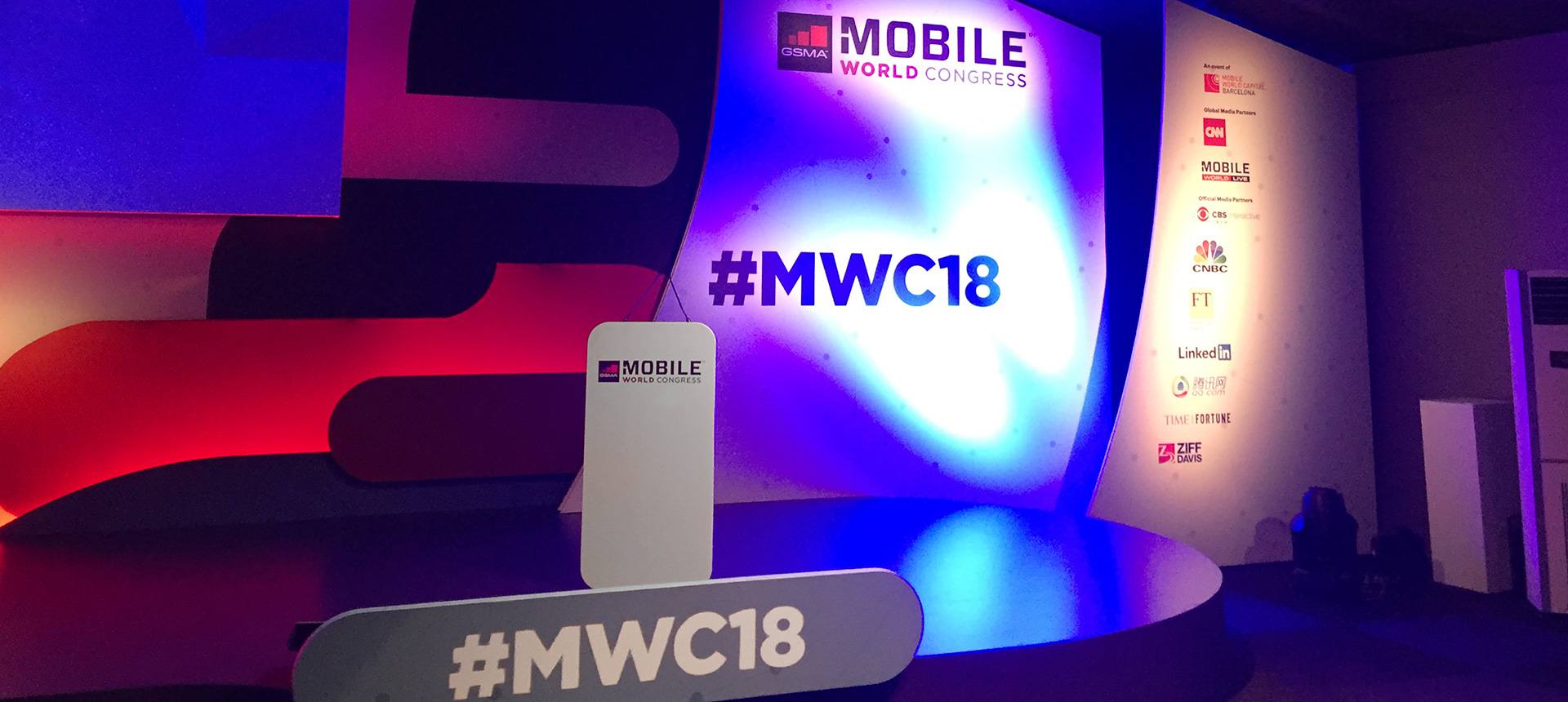When we hear the term “augmented human”, most of us imagine an android, some hybrid of the human organism and modern technologies. However, the reality is somewhat less futuristic. An augmented human is each of us, making use of technologies to overcome our weaknesses or limitations.
Among the best-known software solutions already in use in daily life, above all, are solutions that help people living with disabilities. During the fair in Barcelona, manufacturers presented glasses for the visually impaired, advanced accessories for the hearing-impaired, as well as tools to enhance the cognitive abilities of the mind.
Glasses for the visually impaired
The mechanism by which glasses for the visually impaired operate is based on an ordinary digital camera which transmits an image to an assistant, who is then able to describe to a visually impaired person what is happening around them. Today’s solutions of this type are still quite limited, and the image is transmitted “on demand” to the human assistant who helps the person with a disability as part of the healthcare service. However, advanced tests are already being conducted using image recognition algorithms and artificial intelligence that will be able to fulfil the role of an autonomous assistant in the future.
Hearables
The hearing aids currently in use are limited and are not always comfortable to use. For this reason, there are an increasing number of hearables released on the market to solve such issues in different ways. Many of them resemble the regular headphones which we use every day to listen to music or make phone calls. Because these are shaped like a fashionable gadget, they don’t embarrass people who wear them. And it is worth remembering that hearing problems might be the cause of such stigmatization, because they are usually associated with elderly people. Added to that, hearables are much cheaper than traditional hearing aids, and they also provide many more possibilities, including many solutions dedicated to entertainment. They are much more attractive to the hearing-impaired, allowing them to enjoy a full life.

Extended thinking
Another interesting group of software solutions supports human cognitive abilities. Over the past few decades, there has been a revolution in science and communication in all areas of our lives, but the possibilities of our mind have remained unchanged. Researchers have already noticed that we produce so much data that we need help to understand it, which is why they are intensively working on tools that will act as a “thinking assistant”. The basic challenge in this area is to create an optimal model that allows the human brain to be able to interact with data. Special graphics interfaces are created for this purpose, visualizing huge data resources. These tools learn about their users, following how we interact with them using tools such as eye tracking, voice recognition or monitoring other physiological reactions of the human body.
HealthTech predictions 2028
Intelligent implants – medication will be provided in implantable form and delivered automatically based on real world-data, e.g. in emergency situations such as a stroke, heart attack, or lack of oxygen (asthma). Real-time physiological data as a trigger.
Personal Health Scores – health scores will be a part of our daily life, just like a credit score in today’s world. In 2018, there will be about 10 billion biosensors in use. Each user will receive tips for living a healthy lifestyle based on his or her medical records. Monitoring the results of medical tests will motivate people to follow these recommendations. The Personal Health Score will be used for insurance purposes. Such a solution will probably not be used everywhere, though, due to ethical concerns.
My Data Marketplace – people will collect their own health data and have incentives to share it, earning money just by being alive.
Robotic surgeons – remote robot-assisted surgeries will become commonplace. This technology will allow for surgical operations with more precision, reduced blood loss and a shorter recovery time.
Smart therapies – the convergence of predictive analytics and personalized medicine to predict the efficiency and safety of a therapy will fundamentally disrupt the pharmacology and healthcare industry.
It is estimated that, by using only some of these solutions, we will slowly extend our lifespans by an average of 10-20 years.
The healthcare industry is an exciting area in terms of software development. It has seen a large amount of growth within the last few years and we at JCommerce have been taking on more healthcare software development projects worldwide.
